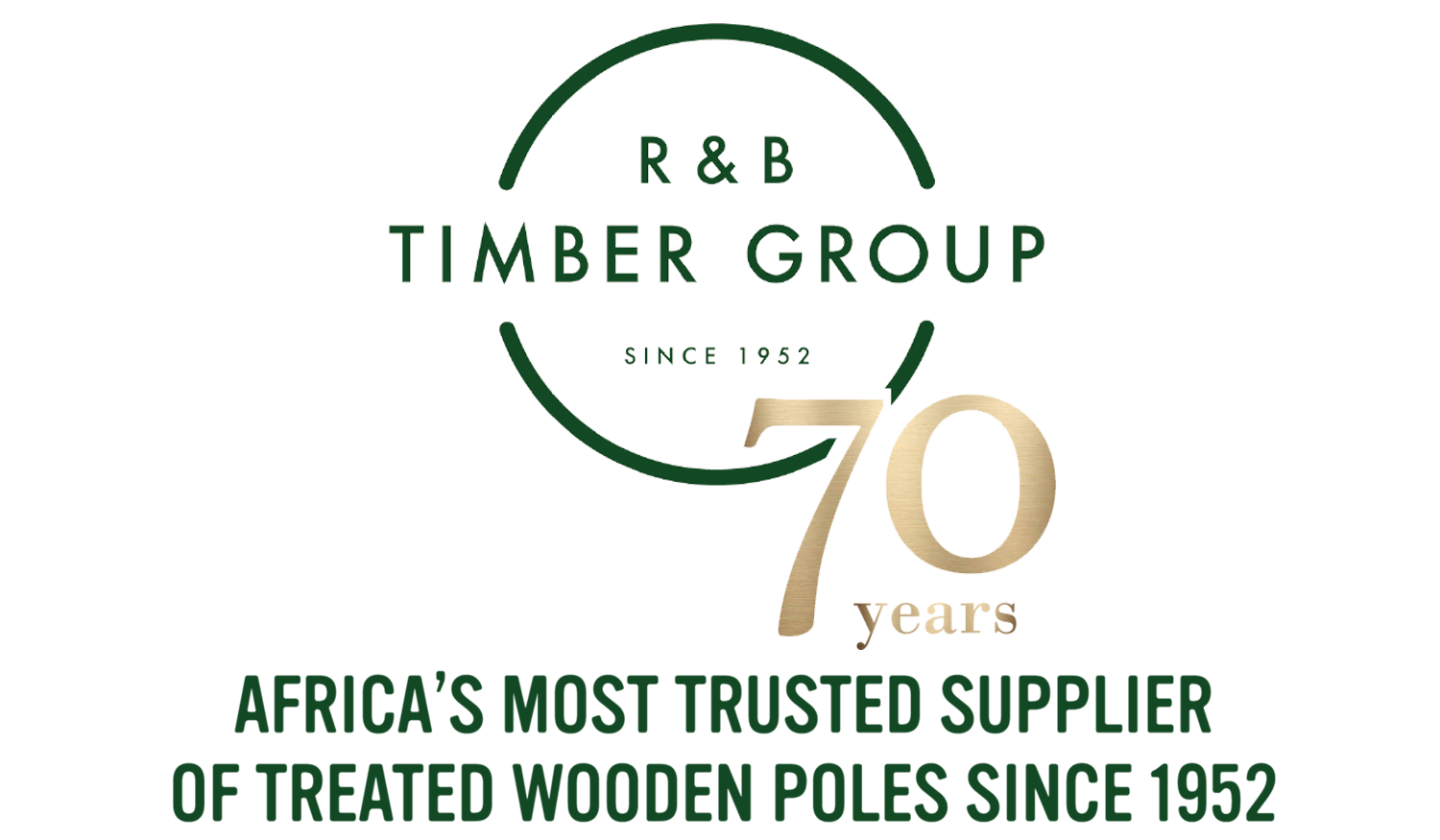Boosting Internet Access In West Africa: Why Overland Fibre Poles Are Essential
As internet-driven economies continue to develop across Africa, the race to develop faster, more reliable, and economical network access continues - and while many small, medium, and large businesses have for nearly a decade relied on mobile internet access, fibre optic cables have begun to make the same inroads in local areas that they did in sub-Saharan Africa less than a decade ago.
According to Statista, countries such as Togo and Sao Tome & Principe have seen a percentage change in internet usage by as much as 912% and 882% between 2000 and 2021; similarly, Nigeria - one of the world’s most prominent mobile led digital economies - grew by 101.48%.
As mobile networks entrench their positions in West Africa, another alternative is taking an overland route - fibre optic cable.
While traditionally fibre optic cables are entrenched below ground and can be nested adjacent to competing networks, a more cost and time-effective method of installation has been to create overland cable networks which rest atop existing electrical infrastructure or newer timber constructions.
This has natural benefits for nations with inland geographies, given that most fibre-optic networks traverse the extent of oceans in submarine conduits; overland fibe poles can quickly enable a network to expand its footprint without the need to engage with local municipalities or governments to trench or retrench existing developments.
Not only is this avenue cheaper and less disruptive to natural or developed areas, but it further enables networks to cultivate internet access to areas where natural geography would otherwise be too challenging.
International networks have been quick to recognise the opportunity that overland fibre provides - in 2020, French operator Orange announced a massive fiber-optic network in West Africa, called Djoliba, which would connect the nations of Burkina Faso, Côte d'Ivoire, Ghana, Guinea, Liberia, Mali, Nigeria and Senegal.
To achieve this task in the varying climates of West Africa, the right kind of timber is crucial - and R&B Timber Group is a proud supplier of treated poles under its highly regarded HardPole brand. The firm is ready to deliver quality timber to establish fibre networks across the continent in countries such as Togo, Benin, Niger, Burkina Faso, and Libera, as well as the Democratic Republic of Congo.
With the introduction of overland fibre networks, many previously unconnected or unreachable areas within West Africa can effectively leapfrog over previous-generation networking solutions, and can now embrace the same speed and convenience as other fibre-connected nations worldwide.
Read more:
